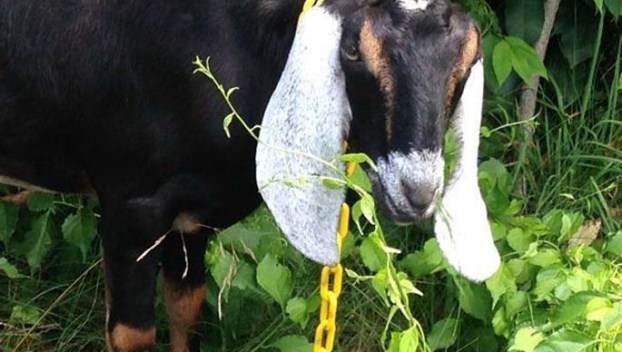
Cnhi Network
New Hampshire goats act as poison ivy control
LONDONDERRY, N.H. — A group of goats were hard at work recently in a neighborhood in southern New ... Read more

LONDONDERRY, N.H. — A group of goats were hard at work recently in a neighborhood in southern New ... Read more